
Putin Reappoints Mishustin as Russia’s PM Amidst Ongoing Political Machinations
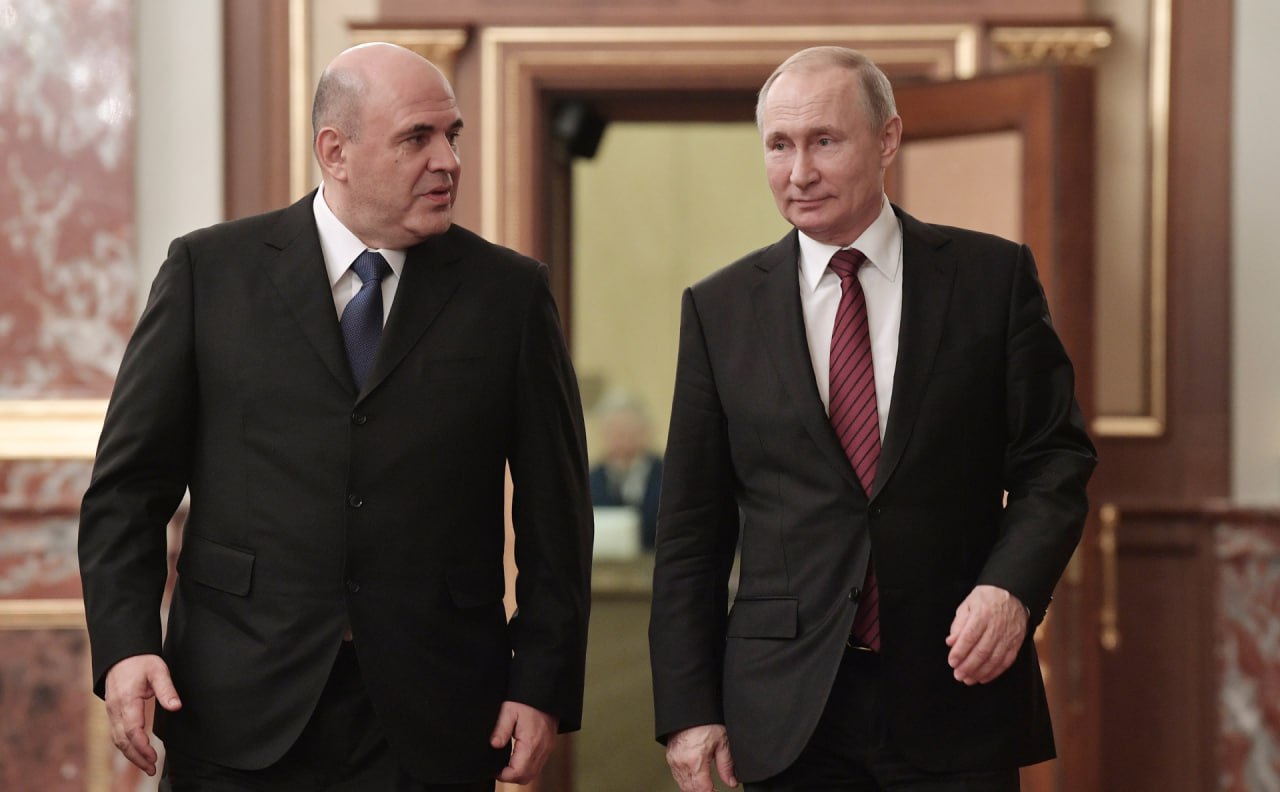
Russian President Vladimir Putin has reappointed Mikhail Mishustin as the Prime Minister of Russia, reinforcing the technocratic leadership that has marked the recent political landscape. Mishustin, who has served as Prime Minister for the past four years, had resigned along with his cabinet earlier this week following the start of Putin’s fifth presidential term, a procedural norm in Russian politics.
Mishustin, 58, known for his previous role as the head of Russia’s tax service, has largely stayed away from the political spotlight, focusing instead on administrative efficiencies and economic policies. His reappointment was announced shortly after Putin’s inauguration and was seen as a signal of continuity by Kremlin observers.
Vyacheslav Volodin, the speaker of the State Duma, Russia’s lower house of parliament, confirmed that Putin has officially submitted Mishustin’s candidacy for the role. The Duma is expected to approve his appointment swiftly, reflecting the current power dynamics within the Russian political system.
This reappointment comes at a time when the Russian government faces significant challenges, including ongoing Western sanctions. However, Mishustin’s previous cabinet has been credited with maintaining a stable economic environment despite these hurdles, and most members are anticipated to retain their positions.
The notable exception could be Defense Minister Sergei Shoigu, whose future remains uncertain following recent political turmoil. Last month’s arrest of his close associate, Timur Ivanov, on bribery charges has sparked speculation about Shoigu’s standing within the government. Ivanov was a key figure in military logistics and his arrest has been interpreted by some as a move against Shoigu himself.
Shoigu’s position was further complicated by the criticisms from Yevgeny Prigozhin, the late head of the Wagner Group, who previously challenged military leadership and was seen as a direct threat to the Defense Minister’s authority. The recent events suggest ongoing shifts within the Kremlin’s inner circle, highlighting the complex interplay of loyalty, power, and governance in Putin’s Russia.
As Mishustin prepares to lead the government for another term, the international community watches closely, gauging how Russia’s domestic policies and political strategies will unfold in the face of external pressures and internal dissent.

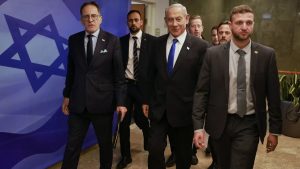
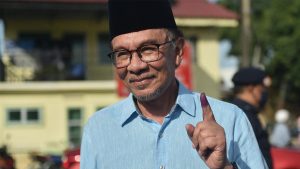
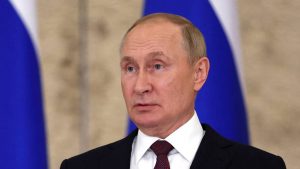





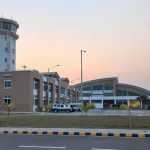


Comments